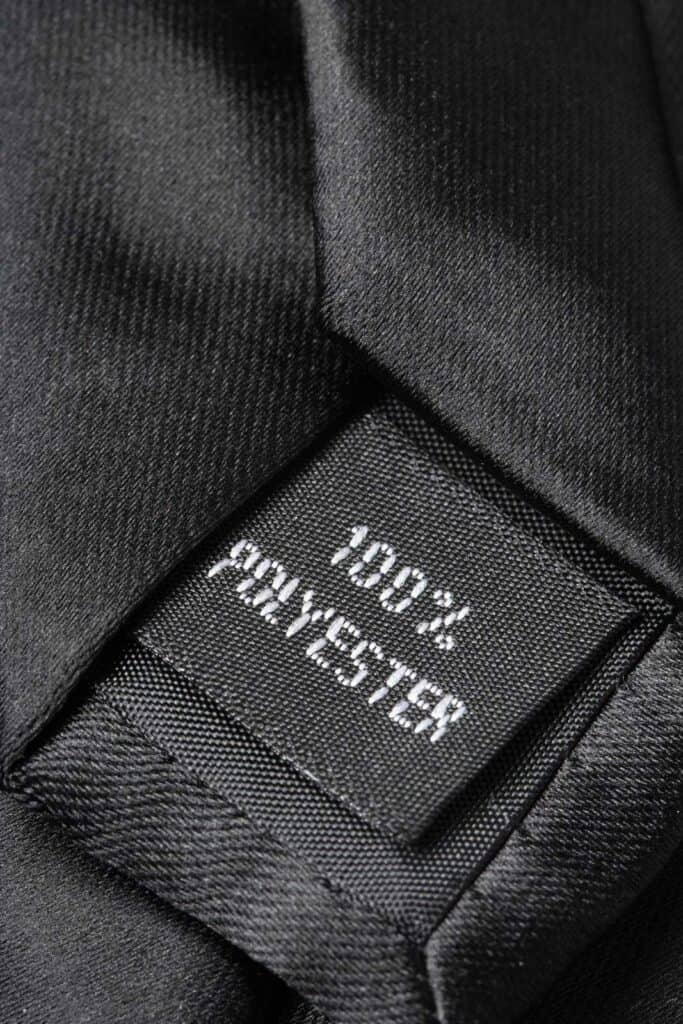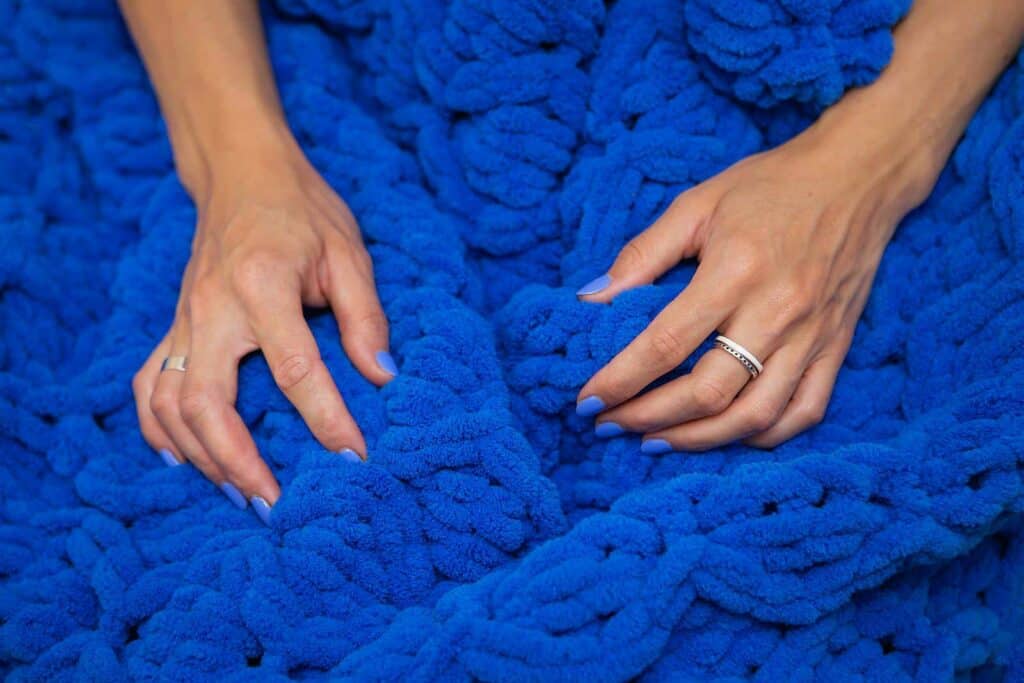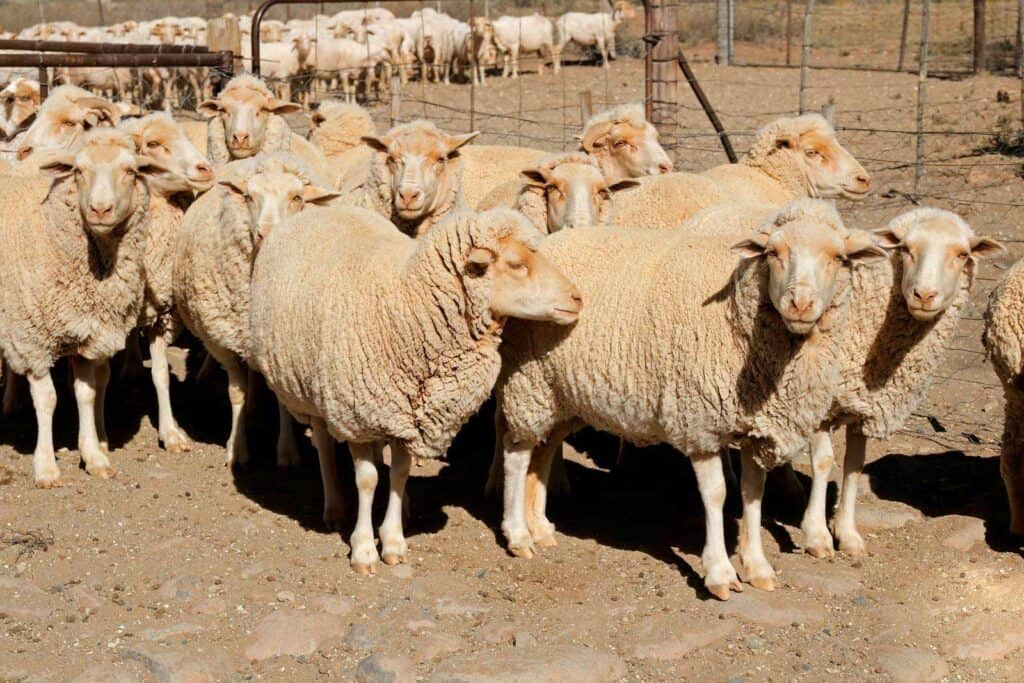Merino wool vs. Polyester is two of the most sought-after choices regarding clothing materials.
Choosing between Merino wool and polyester can prove problematic as they have properties that make them desirable to different people.
Merino wool is obtained naturally from Merino sheep: the breed offering the finest wool for luxury and sports apparel.
They are odor-resistant, durable, and tender to the skin. On the other hand, polyesters are synthetic.
They have a light feel on the skin, are solid and robust, and last long.
This article will explore the various characteristics of Merino wool and polyesters to guide your clothing choice.
Table of Contents
Merino Wool Vs. Polyester
Merino Wool
The Merino wool comes from the Merino sheep, which is generally much thinner and more flexible than other types of wool.
They are also known for their odour resistance and excellent moisture absorption ability.
For activities that go on for long periods, like hiking, Merino wool is the clothing material of choice.
This is primarily because of its odour resistance, moisture absorption, and antimicrobial ability.
Polyester

100% polyester
Polyester fabrics are made from different sources and, as such, have different qualities.
While some are biodegradable, most are not, and they are one of the causes of pollution worldwide.
They are lightweight, robust, quick-drying, and one of the most popular choices for producing sportswear.
One disadvantage of polyester materials is that they don’t absorb water, which implies that they don’t also let water out.
This means that when you sweat, the water stays within the material and doesn’t go out.
This leads to the accumulation of bacteria which can cause skin irritation. Also, not letting water out will make the material start smelling after some time.
Merino Wool vs. Polyester

The Merino sheep

wrapped in a Merino blanket
Price
Polyester fabrics are significantly cheaper than that Merino wool. This shouldn’t be a surprise, as getting wool requires growing sheep or patronizing sheep farmers.
However, Merino wool fabrics are of a finer quality than that polyester. So one can argue that you get more value for your money with Merino wool.
VERDICT: POLYESTER
Comfort
Merino wool is softer than regular wool and has a more comfortable feel on the skin.
Polyester is relatively rough to the touch and is lighter on the skin.
This lightness translates to comfort for athletes during sporting activities.
Polyesters can’t absorb water, so when you sweat on polyesters, it tends to accumulate within.
This can lead to bacteria trapping, which can cause skin irritation, a source of discomfort.
Merino wool has antimicrobial ability and doesn’t cause skin irritation. However, some people are allergic to wool, which can be itchy.
WINNER: MERINO WOOL

Merino sheep in a paddock
Warmth
At face value, one might assume that Merino wool provides way more warmth than polyesters, but it’s a very close contest.
Both materials are good insulators; surprisingly, polyester fabrics will provide more warmth when they have the same thickness as Merino wool.
The table turns when we introduce moisture.
Once you start sweating, polyesters lose their insulating ability.
Merino wool remains warm even after it comes in contact with moisture.
VERDICT: MERINO WOOL
Breathability
Breathability is the ability to remove moisture and release it into the atmosphere.
Polyesters can’t release water into the atmosphere. Merino wool excels in this aspect.
Although there are breathable polyesters, Merino wins if you compare the breathability of polyesters and Merino wool of equal thickness.
VERDICT: MERINO WOOL
Weight
Merino wool is significantly heavier and thicker than polyester.
A lightweight Merino wool will give durability issues as it will be more prone to tear. Polyester takes this round.
VERDICT: POLYESTER
Odour Control
The antimicrobial ability of Merino wool makes it difficult for it to stink.
You can wear a Merino wool material for up to four days, and it won’t stink.
The same cannot be said for polyesters, as they stink easily.
This is because the material accommodates bacteria. Polyesters make up for this disadvantage by being easy to clean.
VERDICT: MERINO WOOL
Durability
When it comes to durability, polyester is hands down the better of the two. Polyester is plastic and is less likely to rip or tear.
No matter how high quality, Merino wool will likely pull or tear earlier than polyester material.
This is because no matter how tight you weave wool, pressure will always cause it to rip.
VERDICT: POLYESTER
Drying Time
Polyester doesn’t absorb water, so it is very easy to dry.
Merino wool absorbs a lot of water, but the catch here is that it doesn’t feel wet even then.
Also, it dries up quickly because it releases moisture into the atmosphere.
VERDICT: TIE
Sustainability
Merino wool is a renewable and biodegradable material as it comes from sheep.
Polyester materials, on the other hand, are plastics, and even though they are recyclable, they are problematic to the environment.
VERDICT: MERINO WOOL
Merino wool is the winner when you put all the factors together.
Sometimes, several factors make people purchase one option over the other.
For example, polyester is the option if the highest priority is durability.
You buy Merino wool if you need a material you can wear for an extended period without it stinking.
FAQs
What is a Base Layer?
Answer: A base layer is a fabric that acts as an insulator in direct contact with your skin.
They help to keep the body warm and move sweat away from your body. Examples include sports bras, leggings, t-shirts, etc.
Polypropylene vs. Polyester?
Answer: They are fabric materials used as base layers and are very effective. Polyester is a robust, water-resistant fibre with fast-drying qualities.
While polypropylene is a flexible fibre that is more water-resistant and has a higher fast-drying ability than polyester.
Conclusion
Merino wool is a porous and tender material that does not trap bacteria and, therefore, hardly stinks. In comparison, polyester is a strong fiber with a light feel on the skin and fast drying ability.
Individual preferences play a significant role when selecting between the two materials.
